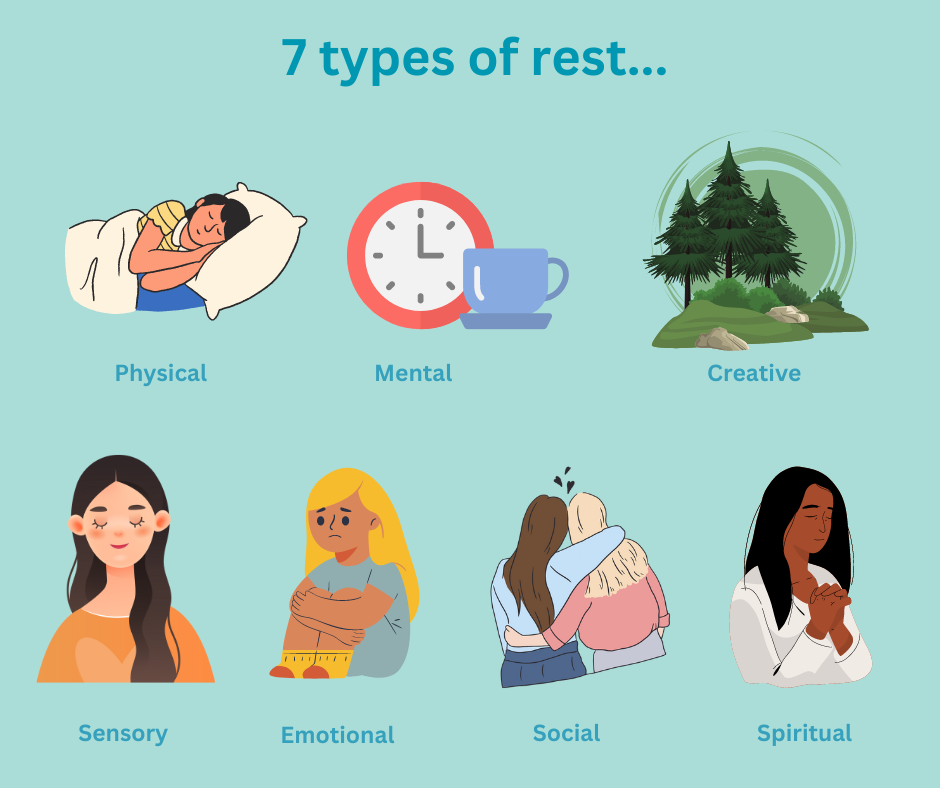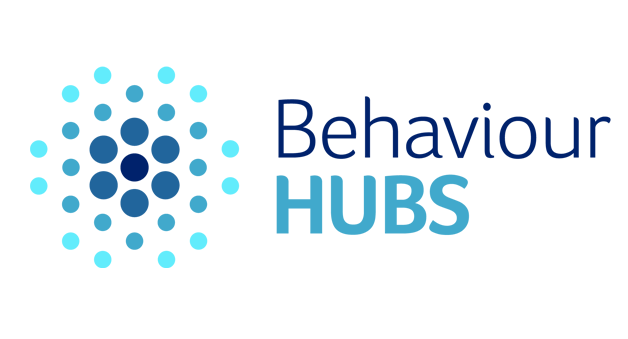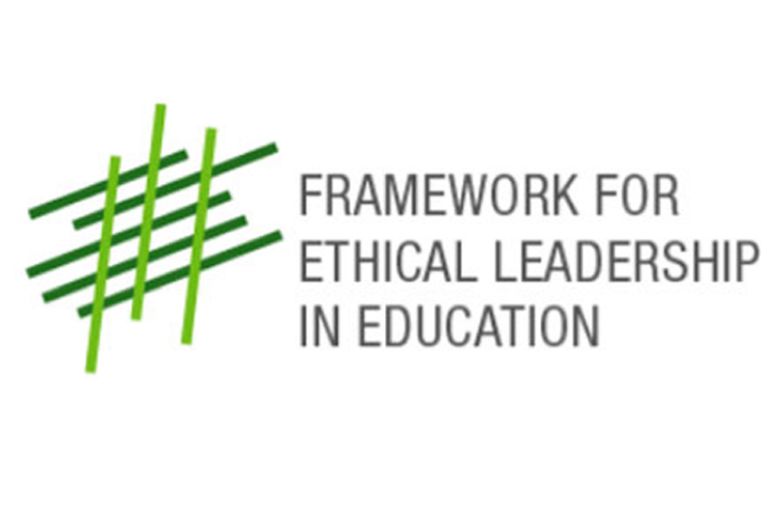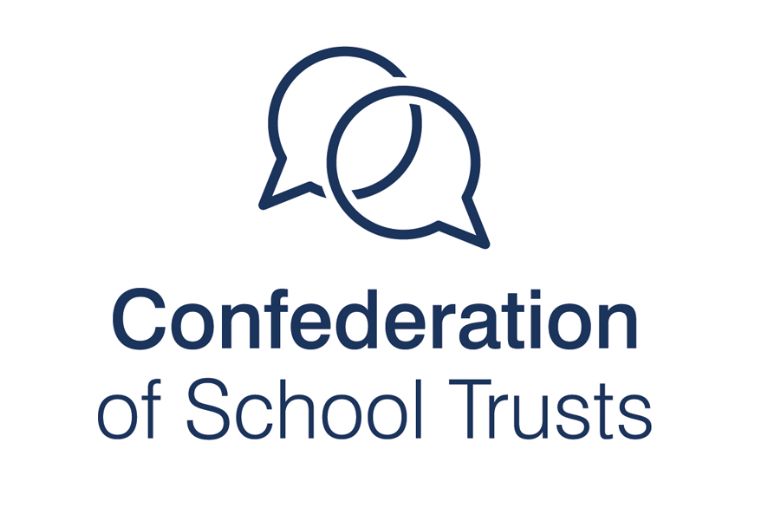The Case for Rest
A short holiday message for our whole school community.
It has been a busy time across Maiden Erlegh Trust and as we head into the holidays, we'd like to wish you all a restful time – however that may look for you.
Whilst rest is often thought of as stopping or switching off, the research tells us it’s far more layered than that – it can be active, creative, physical, social or solitary, and different types of rest serve different purposes.
We hope you enjoy these ten evidence-backed insights about rest and that however you are spending the Easter break, you find some time for rest and recuperation.
10 Facts About Rest
-
Sleep is only one of seven types of rest
According to Dr Saundra Dalton-Smith’s research, human beings require multiple forms of rest: physical, mental, sensory, creative, emotional, social, and spiritual. People often feel fatigued without realising which form of rest is missing (Dalton-Smith, 2017, Sacred Rest).
-
Micro-breaks can offset the impact of daily stress
Evidence from occupational health studies suggests that even a few minutes of rest, especially if used to stretch, step outside or switch tasks, can reduce stress and improve concentration (Kim et al., 2021, Occupational Health Science).
-
Periods of rest can lead to long-term gains in motivation
Rest isn't only about recovery, it’s also about readiness. Studies tracking young people over the academic year show that holidays help restore motivation and cognitive stamina, especially when sleep and autonomy are prioritised (Kuhfeld et al., 2020, EdWorkingPapers).
-
The brain is surprisingly busy during rest (and that’s a good thing)
When you daydream or let your mind wander, your brain switches into a different mode that supports creativity, self-reflection and learning integration. It’s why ideas often arrive when we’re doing something else entirely, like walking the dog or staring out the window (Christoff et al., 2016, Nature Reviews Neuroscience).
-
Physical rest and physical activity are both forms of recovery
The nervous system benefits from a combination of stillness and movement. Gentle, rhythmic activity, like walking, swimming or cycling, can activate the parasympathetic nervous system, reducing stress hormone levels and improving mental health outcomes (Biddle & Asare, 2011, Journal of School Health).
-
The brain needs 'social rest' too
Constant social interaction, even when positive, can lead to fatigue. Social rest is the relief that comes from being around people who don’t require performance, whether that’s time alone or with people where no ‘masking’ is needed (Saunders & Kose, 2021, Frontiers in Psychology).
-
Children’s play is a biological rest mechanism
Neuroscientists argue that play functions as a way for children to regulate their stress response systems. It offers unpredictability, exploration, and repetition in ways that help the developing brain recalibrate (Pellis & Pellis, 2009, The Neuroscience of Play).
-
Creativity increases after periods of rest
Studies show that short breaks and extended downtime both improve idea generation and lateral thinking. One study found participants performed 40% better on creative tasks after walking in nature versus sitting indoors (Oppezzo & Schwartz, 2014, Journal of Experimental Psychology).
-
Rested teachers and support staff are more effective long-term
Burnout has a cumulative impact on performance, relationships and decision-making. Recovery time, even short breaks, can improve executive functioning and emotional regulation, which are crucial in education settings (Maslach & Leiter, 2016, Annual Review of Psychology).
-
Rest can look like awe, laughter or even icebergs
Researchers studying emotional wellbeing have found that moments of awe, often triggered by nature, beauty or new experiences, can lower inflammation and support mental health (Stellar et al., 2015, Emotion). Whether that’s standing visiting Iceland with your MECE school friends or laughing with friends on the MET Ski Trip (both happening during the break), or experiencing something for the first time. These experiences can be deeply restorative in ways that aren't always obvious.
Looking Ahead
We’d like to wish you all a restorative Easter break - however you’re spending the holidays, we hope you find some time to rest. We look forward to welcoming everyone back in a couple of weeks.





